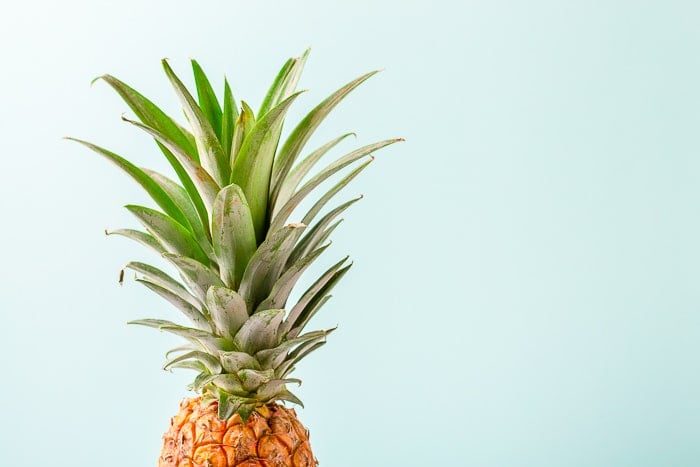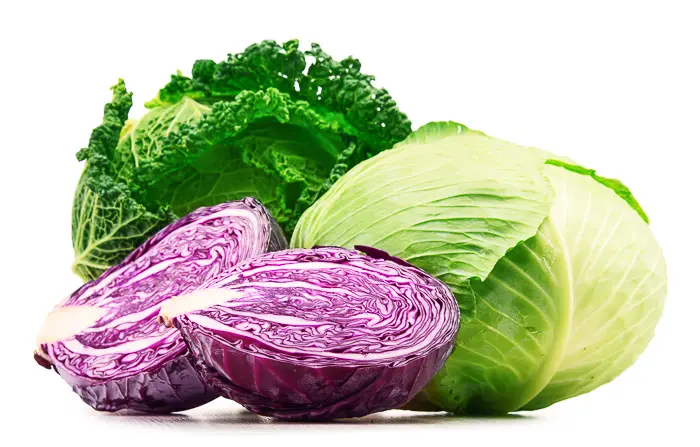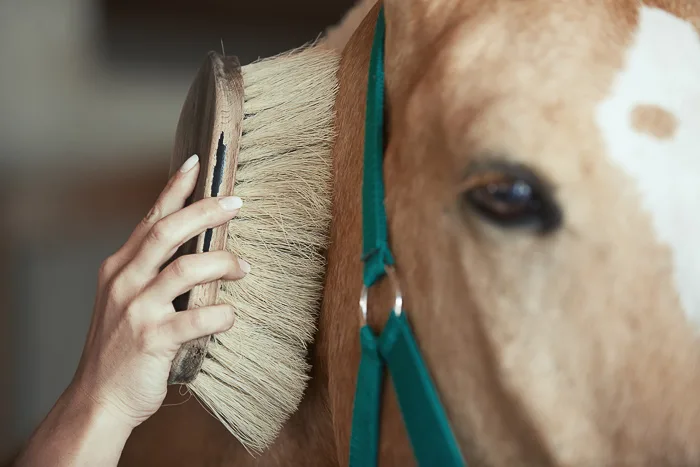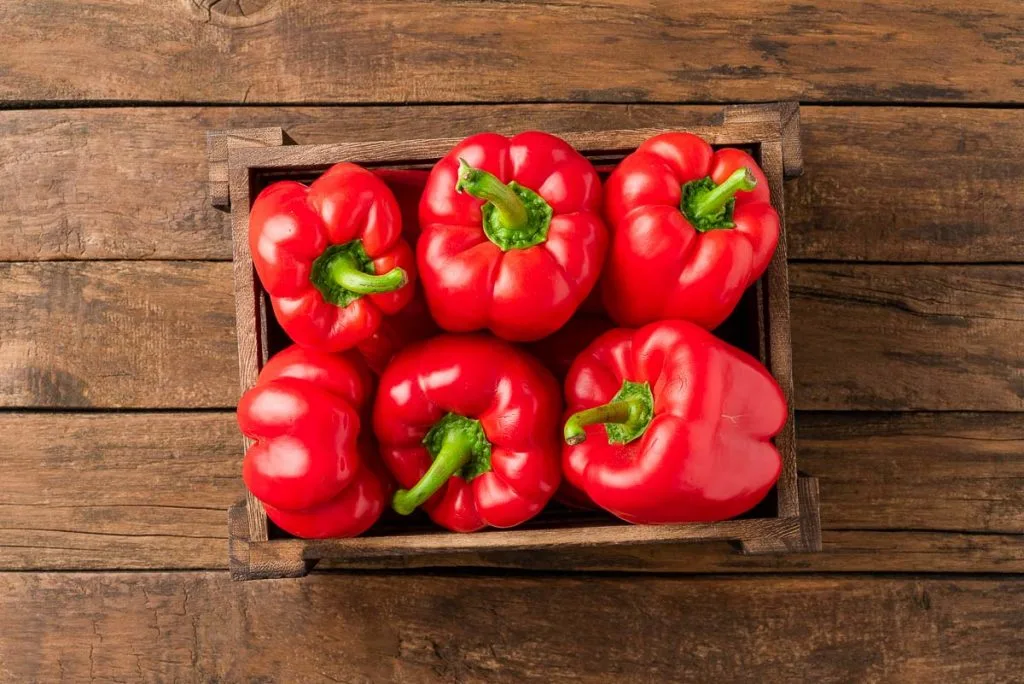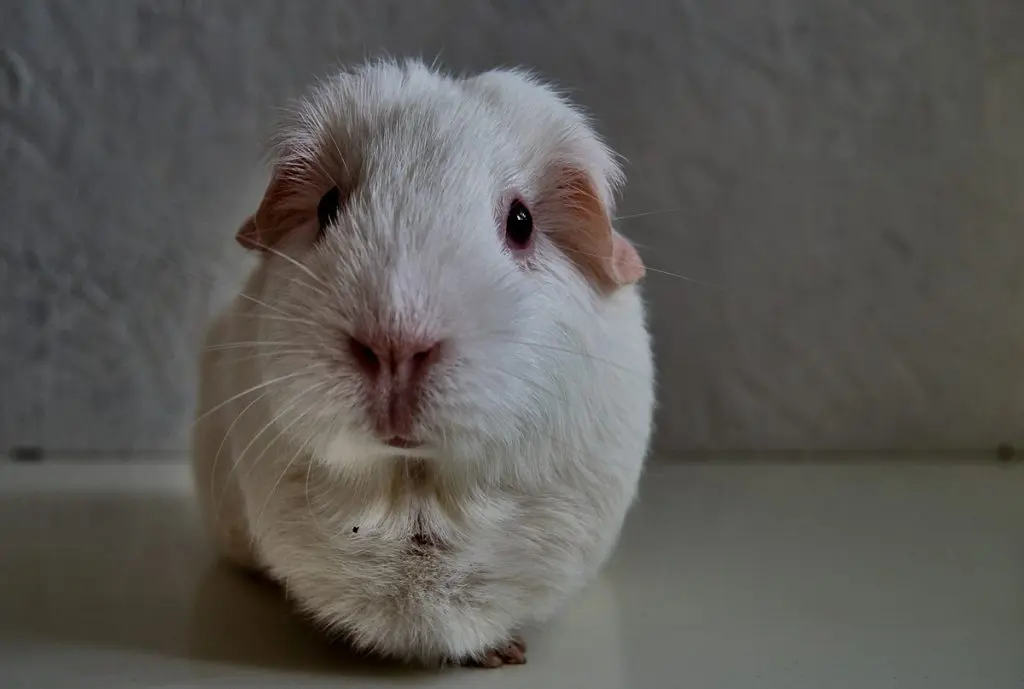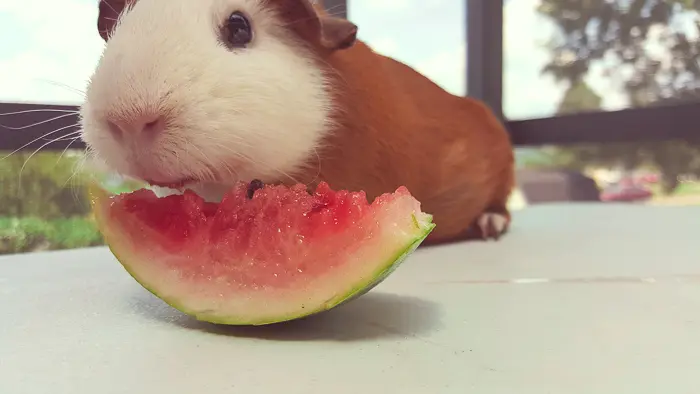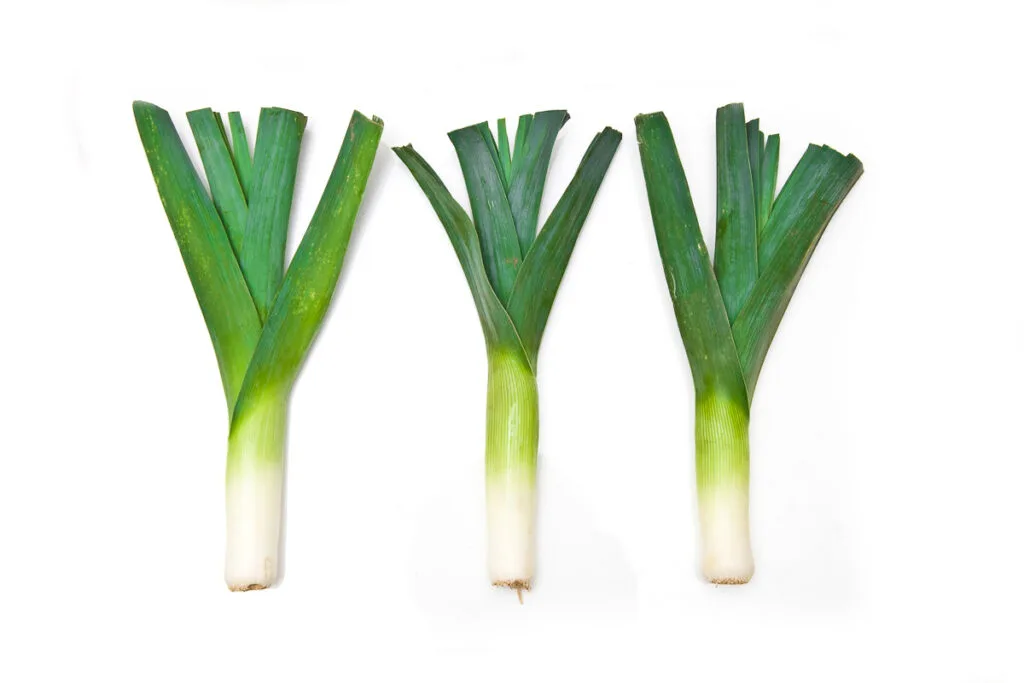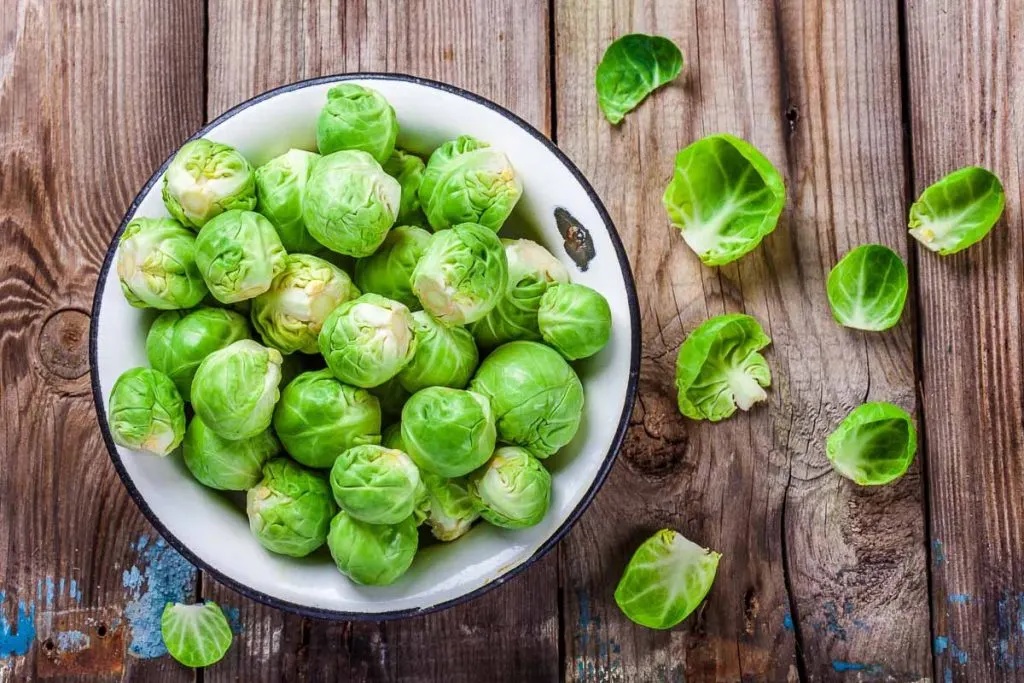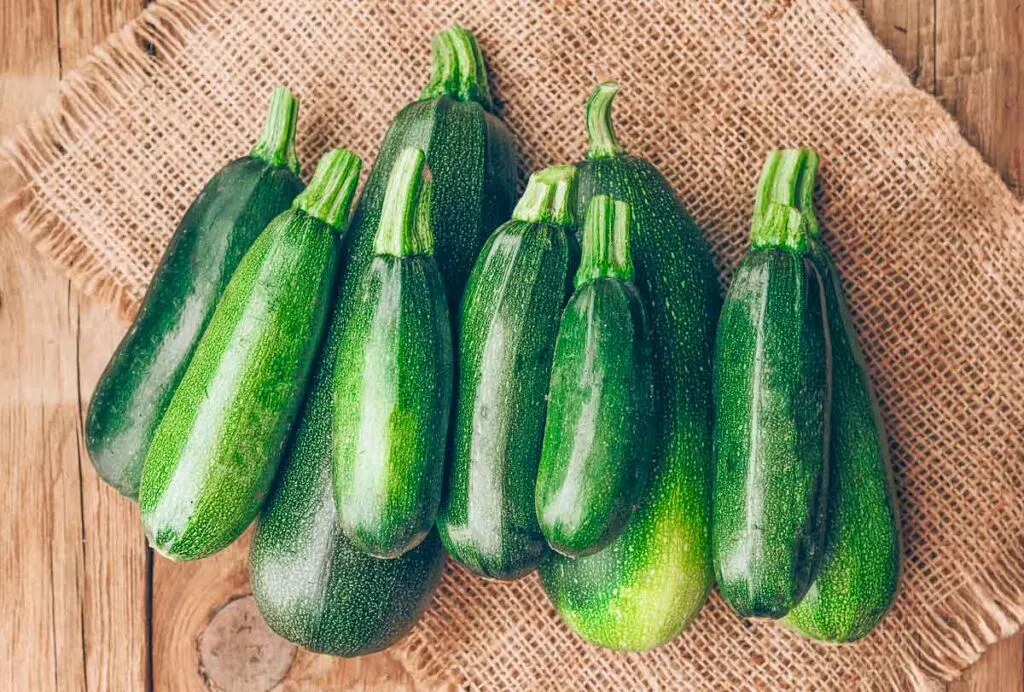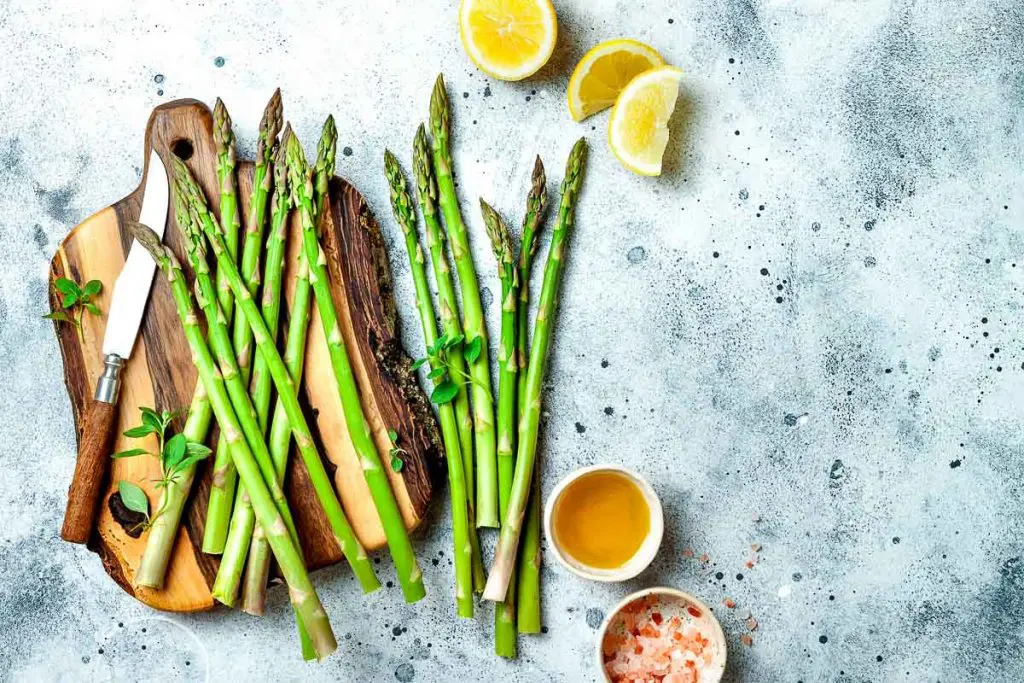Guinea pigs like to snack on a lot of different tasty treats, many of which you can find in your kitchen and fridge. One of those tempting foods may be the blueberries hanging out in your produce drawer of your refrigerator. But can guinea pigs eat blueberries?
Dr. Jess explains the answer below:
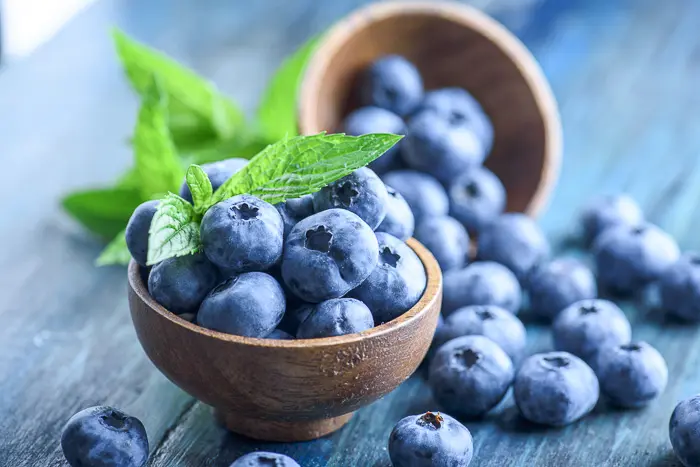
Long story short, guinea pigs CAN have blueberries, but they must be served properly and safely and in the right amounts and frequency. Please read about these specifics below, before sharing a blueberry with your pet guinea pig.
Let's Talk Berries… More Specifically Blueberries:
The blueberry plant is a flowering plant that is perennial, can survive and come back year after year.
It produces small round berries that are either a shade of blue or purple, hence their name.
The berry itself actually starts out very small and green and becomes larger and blue once ripe.
When ripe, they have a sweet taste and once punctured, a juicy fruit inside.
Blueberry Health Benefits:
Blueberries are low in calories, high in fiber, vitamin C, and vitamin K. According to a recent Healthline article,
Antioxidants protect your body from free radicals, which are unstable molecules that can damage your cells and contribute to aging and diseases, such as cancer. Blueberries are believed to have one of the highest antioxidant levels of all common fruits and vegetables.”
https://www.healthline.com/nutrition/10-proven-benefits-of-blueberries#section2
According to other studies, blueberries may also be good for lowering your blood pressure [source] and may also be good for your heart [source].
Another study even concluded that blueberries may be beneficial when it comes to diabetes and glucose metabolism [source].
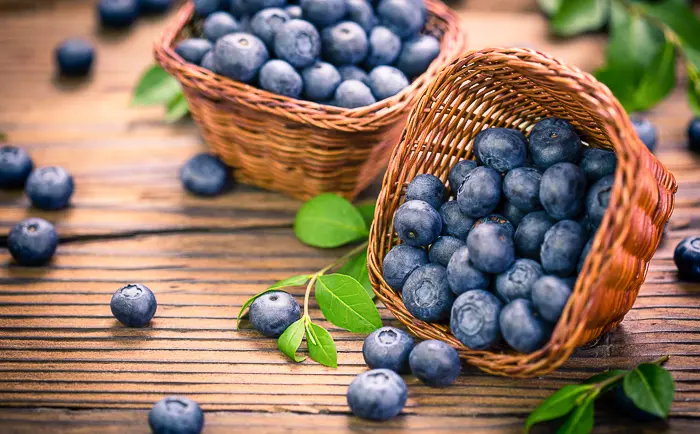
What is a Guinea Pig?
A guinea pig is a type of pocket pet that resides in the cavie family of animals.
They are small animals that grow to a maximum of approximately 10-11 inches long, and can weigh up to 2.5 pounds as an adult.
In captivity and with proper care it is fairly common to see these pets live to 8 – 10+ years of age.
One of their main anatomical (body) “quirks” is that they are constantly needing to chew in order to file down their teeth, as their teeth are constantly erupting (growing longer).
They are quite playful animals and love to socialize with the ones that they know and love.
They make great pets for responsible pet owners, and those living in small dwellings wanting a loveable pet that comes in a small package.

What Do Guinea Pigs Typically Eat?
Guinea Pigs eat an assortment of things to keep them healthy and happy.
- High-quality guinea pig food and Timothy hay should be the main staples of their diet.
- Up to about 10% of their diet can be made up of an assortment of vegetables and fruits, with fruits and vegetables over 12-24 hours old being discarded as soon as possible.
- They require 30 – 50 mg of vitamin C daily from their diet, either in their guinea pig food, a vitamin supplement, or from fruits and vegetables that are high in vitamin C. I’ll get to this more here in a sec…
- Guinea pigs do best with diets low in fats and sugars.
- Clean, fresh, filtered, chlorine-free water. ‘Fresh water‘ means that is is changed daily. ‘Changed daily‘ means that new water is placed into a CLEAN water dispenser!
Can Guinea Pigs Eat Blueberries?
After reading up on some of the health benefits and some of the risks that the consumption of blueberries brings with it, wouldn’t it be nice it you could just safely feed it to your pet guinea pig?
Well, you can feed your guinea pig blueberries…. but only in moderation. This means – in SMALL amounts!
Moderation = 1-2 blueberries are enough berries for one guinea pig.
Because blueberries are high in sugar, you must not feed it in excess to guinea pig or obesity and other health issues can arise.
Diet Tip:
In total, your guinea pig should have around 1/4 – 1/2 cup of fresh fruits and vegetables combined everyday, and no more than that.
And that 1/4 – 1/2 cup should not consists solely of blueberries!
Remember, blueberries are an acceptable treat to feed to guinea pigs as long as it is an occasional treat.
If your piggy does not eat the berries, it will only sit in their cage and get old and eventually become unsafe to eat.
If your pet does not eat all of their 1/4 – 1/2 cup of fruits and vegetables within 12-24 hours, then you need to dispose of it for them.
The rest of their diet, the other 90% or so, should be made up of guinea pig food and hay.
You should feed this amount no more than 1-2 times per week and no two days in a row.
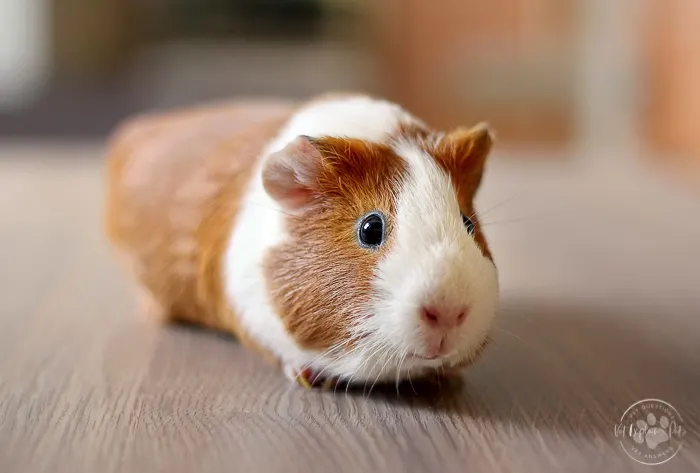
Is It Healthy For a Guinea Pig to Eat Blueberries?
A blueberry contains some essential nutrients including calcium, phosphorus and Vitamin C that can be helpful in keeping your cavy healthy.
Calcium and phosphorous are an integral part of a diet which is necessary for proper bone development, Teeth growth, and other nervous system needs.
They also has some other potential health benefits for your pet guinea pig:
- Inflammation/Antioxidants: Multiple studies show that blueberries are a great source of anti-inflammatory compounds that help in fighting against inflammation.
- Vitamins: A blueberry contains vitamin C and K. Guinea pigs need vitamins to stay healthy and to allow their bodies to function properly. Vitamin C helps guinea pigs stay safe and adequately protected from diseases and strengthens their immune system.
- Diabetes/Blood Sugar: Blueberries may help with glucose levels and glucose metabolism in the bloodstream.
May Reduce Inflammation
Multiple research studies have shown that blueberries are a source of anti-inflammatory compounds, which effectively can help fight different forms of inflammation found inside the body.
As mentioned above, blueberries are packed with these potential anti-inflammatory molecules called antioxidants.
Antioxidants are thought to help reduce inflammation inside the body by binding (attaching) to and suppressing (decreasing) inflammation-promoting molecules known as free radicals. [source]
Source of Fiber:
Blueberries also contain a good amount of fiber, which is an essential part of a guinea pigs diet as it helps in maintaining their digestive tract and gastrointestinal health.
How About Blueberry Stems?
There’s no reason your guinea pig can't enjoy chewing on blueberry stems unless they just don't like blueberries at all.
They love having little things in their mouths to chew on and to keep them occupied and entertained throughout their busy days!
The stem texture is not too tough, so as long as the stem is short and thin, then it's okay for a small bit of stem to still be attached to the blueberry for them to nibble on.
But just like anything else that they can stick in their mouths, these can be a choking hazard so monitor your piggie while snacking on this berry treat!
How About Blueberry Leaves?
There’s no reason your guinea pig can't enjoy chewing on blueberry leaves unless they just don't like blueberries at all.
They love having little things in their mouths to chew on and to keep them occupied and entertained throughout their busy days!
The stem texture is not too tough, so as long as the stem is short and thin, then it's okay for a small bit of stem to still be attached to the blueberry for them to nibble on.
But just like anything else that they can stick in their mouths, these can be a choking hazard so monitor your piggie while snacking on this berry treat!
Can Guinea Pigs Eat Blueberry Seeds?
Your guinea pig should have no problem munching away on a fresh slice of blueberry with the seeds intact.
There is no reason why these small blueberry seeds need to be removed before serving blueberry pieces to your pet guinea pig.
Can They Eat Dried Blueberries?
Because dried fruits contain a higher amount of sugars, I can not advise you to feed your guinea pig dried blueberries even if it is for a small snack.
It is unsafe to do!
Can Guinea Pigs Eat Frozen Blueberries?
No, guinea pigs should not be given frozen blueberries.
Frozen fruits such as blueberries are a choking hazard, something that your pet should not be offered.
Can Guinea Pigs Eat Blueberry Jam or Jelly?
Jellies and jams have added sugars, spices, and/or preservatives or additives in them.
Therefore, it is not advised to feed your little pet any fruit jam or jelly, including the blueberry varieties.
How About Eating Blueberry Muffins?
Muffins, even those with blueberries in them, are unsafe to feed your guinea pig.
Muffins contain added sugars and other ingredients that are not safe and can be harmful to your guinea pig.
What About Blueberry Juice?
You should not offer your guinea pig blueberry juice or soda. This is because blueberry juice has a high sugar content, which is not going to be good for your pet.
High sugar content can cause diarrhea, obesity, etc., creating more problems than good. No blueberry juice for your guinea pig please!
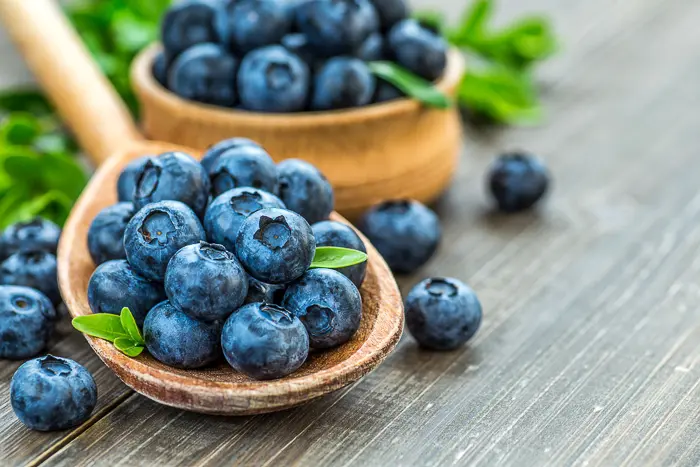
How To Feed Blueberries To Guinea Pigs:
Some Guinea Pigs will love the taste of blueberry and other piggies will find their favorite flavor elsewhere.
However, it is most often one of their favorite berries to snack on.
So how do you safely feed blueberries to your pet guinea pig?
For starters, make sure to wash the blueberries thoroughly, removing any possible dirt, chemicals, or pesticides.
Then you can cut the blueberries into bite-sized pieces.
Make sure to use a clean knife and cutting board that are food-safe to do the cutting.
How Many Blueberries To Serve To Your Guinea Pig?
When introducing your guinea pig to anything new, you’ll always want to take it slowly and be very careful.
Start off by offering your pet just a single small blueberry the first time, and then watch for about 12-24 hours for any adverse reactions, such as digestive upset, diarrhea, decreased energy, not eating, etc.
If your cavy shows any signs of distress or discomfort, then you’ll want to stop feeding the blueberries and contact your veterinarian about the current situation for further guidance.
That being said, most guinea pigs take to blueberry very well.
As long as your guinea pig shows no signs of an adverse reaction, you can gradually increase the amount of blueberries you are offering until they’re enjoying a full serving- which still isn't a lot of the berry!
It’s best to give blueberries once or a few times a week and to not exceed that.
You should serve no more than 1 – 2 small bite-sized blueberries to your guinea pig a day and no more than once or twice a week.
Those few times a week also need to be spaced out – no two days in a row!
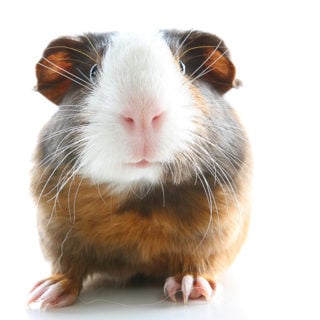
Are Blueberries Harmful To Guinea Pigs?
Yes, it can be harmful if not prepared, served, and monitored appropriately.
Too big of pieces could lead to the potential of being a choking hazard. Not good!
If the blueberries are not cleaned properly, then you leave your pet vulnerable to whatever was left on the herb, dirt, chemicals, pesticides, etc., which could potentially have harmful side effects.
Feeding too many blueberries has its own set of issues to.
Guinea pigs can show digestive upset like diarrhea, decreased eating or anorexia, dehydration, lethargy, etc., that can lead to more dangerous health issues of not treated by your veterinarian.
Due to the sugar content and the small bodies of the guinea pig, guinea pigs are prone to becoming overweight (and also diabetes!) from eating too many fruits and snacks, such as blueberries.
Fruits, even berries, contain acids which can give your guinea pig some uncomfortable side effects. Increased acidity can lead to mouth sores and medical issues.
If your guinea pig shows signs of any of these after introducing them to any new food in their diet, contact your local veterinarian immediately for more help.
Alternative Foods For Guinea Pigs:
There are many fruits, veggies, and herbs that are good for your guinea pig and for you!
Unfortunately, some foods are toxic to guinea pigs that are not harmful to us.
For this reason, it is very important to research every new food you plan to give your guinea pig and its corresponding serving size.
Find out about other common foods that you may find in your kitchen.
Are these foods safe to feed your guinea pig?
- Pumpkin
- Pineapple
- Strawberries
- Oranges
- Squash
- Grapes
- Melon
- Asparagus
- Cilantro
- Mangoes
- Zucchini
- Butternut Squash
WRAP UP:
Make sure to weigh the pros and cons of feeding blueberries to your guinea pig before tossing them a delicious fruity snack, and if you do decide to give them a yummy treat, remember, it’s safe in moderation.
Moderation is small amounts on every once in a while.
If your pet experiences a change in their everyday activities, such as activity level, sleeping patterns, elimination patterns, or behavior, after eating a new food such as blueberries, contact your veterinarian immediately for assistance on what to do next.
If you have any questions or concerns with feeding your guinea pig these juicy berries, contact your veterinarian before attempting to feed it to your loved pet.

![[Vet Explains Pets]](https://vetexplainspets.com/wp-content/uploads/2024/09/cropped-vetlogo-199x66.png)

